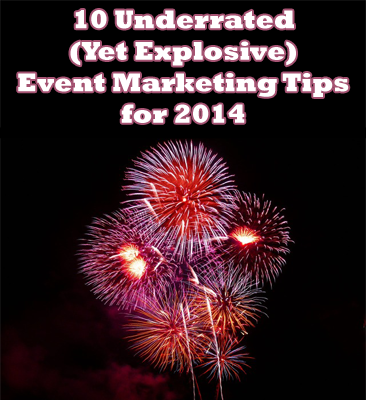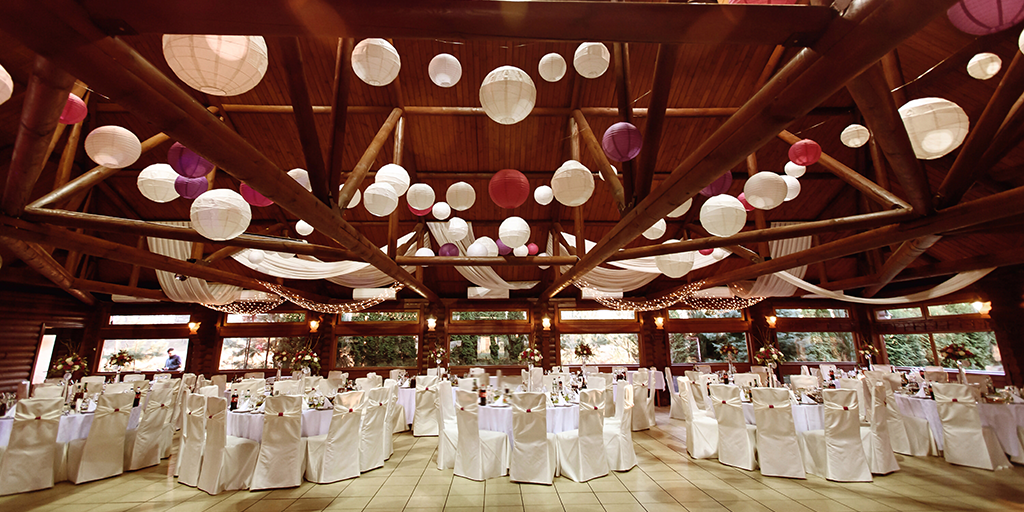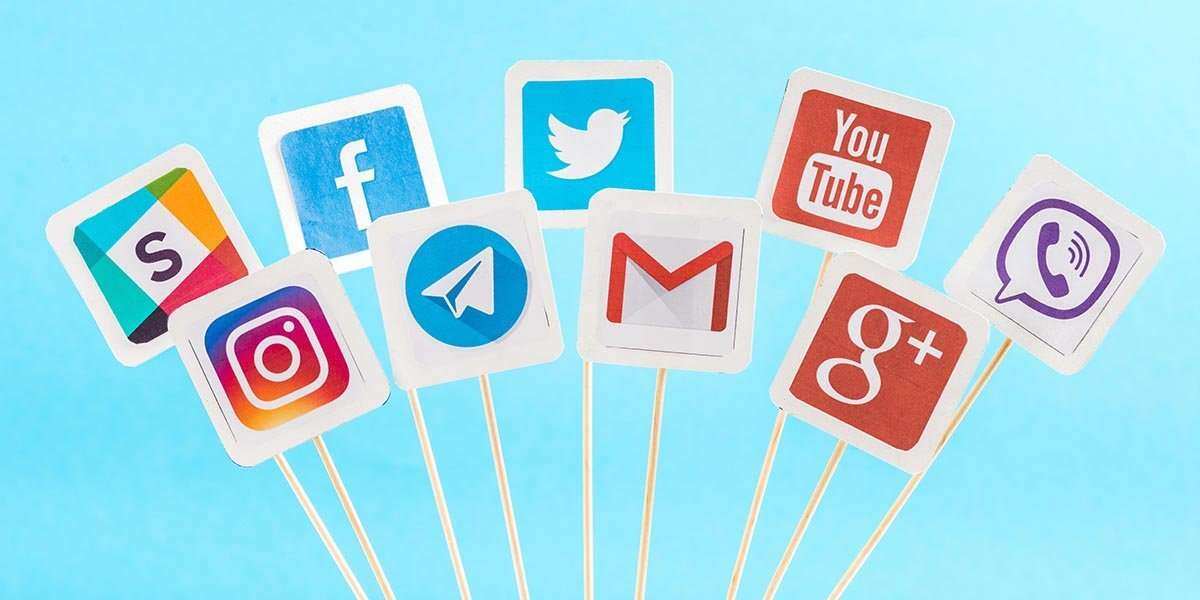1. Search online forums for programming ideas (and then interact to drill down on content and drum up interest)
One of the best places to see what people are talking about in your industry is in forums that pertain to your industry. You can start with seeing what people are talking about on Facebook and Twitter, but an even better place to eavesdrop on conversations and tune into hot topics is in Linkedin Groups for your industry, on Q&A sites like Quora and on industry-specific online forums and communities. Once you have gleaned what people are talking about, start some conversations yourself and drill down on what specific issues and challenges people are facing and if they would attend an event that provides guidance and answers. This can lay the groundwork for some early advocates and attendees.2. Use surveys and research to begin to generate interest
Not only can online surveys provide you with vital feedback from your target audience on what kind of event will succeed, but it also puts you in front of your audience long before you contact them regarding the event. Prior to creating a survey, you should have a working name for your event or at least an idea of the focus so you can position the survey properly, and survey questions should inquire not just about the content of the event but also variables like location, amenities and scheduling/event dates.3. Optimize your online content for search engines
It's amazing that many event planners still don't optimize their event websites to be found by search engines, so if you do optimize your site, you are one big step ahead. First, use tools like Google's Keyword Planner tool (you need an AdWords account to access it) or SEO Book's keyword tool to find the top 10-20 phrases that your target audience uses to find information that will be offered at your event. Then optimize your event website pages for those keywords in the file names, title tags, headings and body copy. In addition, you can optimize your images using keywords in image file names and alt tags. And don't forget to optimize pages for your unique event name, too.4. Develop an event content curation calendar
This should be much easier once you have done your research, mainly because you know the topics your audience is interested in. Once you have your list of topics, lay out a schedule for you, your staff, your partners and your presenters to create content for your event website, blog, emails and social media posts. Informative articles and posts related to your event theme as well as videos, contests and giveaways all build credibility for your event and keep you top-of-mind with your audience. Consider this the appetizer before you serve them the main course. Marketing via programming - These next event marketing tips relate to building marketing into your programming angle.5. Promote extra networking opportunities and time
One of the main reasons that people attend events is to connect with other people in their industry or peer group. Unfortunately, many events don't allot for nearly enough time to network and to openly engage with other attendees and participants. In fact, many prospective attendees already assume that there won't be enough time in your schedule to mingle. So if you actively build in more networking time and activities into your schedule with the intention of promoting that as a value-add, this may give you an advantage in your marketing message.6. Offer and promote "additional attractions"
Often, the content or theme of an event alone may not be enough to entice people to sign up. But if you pair a great theme and programming with other attractions - like a desirable venue or location, interesting or exotic cuisine or noteworthy entertainment - that may be enough to push people over the edge to register or RSVP. So make sure you add some additional reasons for people to attend and play those up in your marketing message. Post-Launch Marketing - Event marketing ideas for once you have launched your event website and are actively collecting registrations / RSVPs.7. Prompt attendees and audience members to share information via social media
Sometimes people don't want to take the extra few steps of going to their Facebook or Twitter page to post information about your event. However, if you put share links or widgets for social media applications on your website, blog, emails and even "transaction complete / thank you" page, you have made sharing this information a simple click away. And if your attendees have lots of followers, this is an easy way to spread the word fast.8. Use pictures and videos heavily in your social media posts
Posts that contain pictures and videos are the most viewed on all the social media sites, so much so that Facebook gives priority in your followers' news feeds to posts with pics and videos. Facebook, Google+, Twitter, Pinterest and Instagram are all great applications for posting these materials, which can include:- Pictures and testimonials from past events.
- Photos and videos of your speakers.
- Videos that offer a sneak-peek at your content.
- Infographics related to your content.








